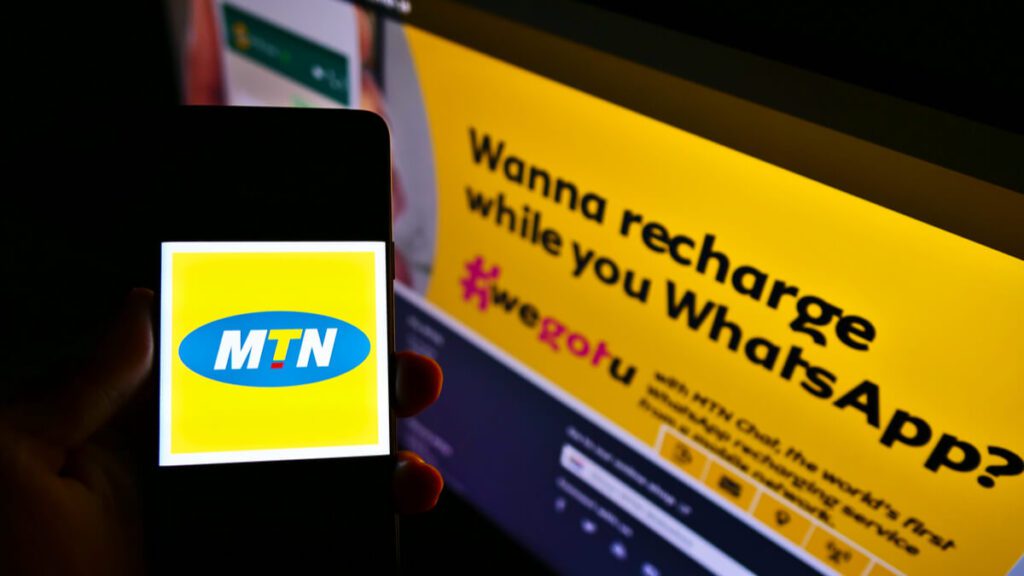
South Africa-based telco MTN is looking to make a second bid to enter Ethiopia’s telecoms market, the company’s CEO told its shareholders.
Ralph Mupita, the operator’s chief exec, was quoted as saying that MTN has “not made a firm decision,” but will “apply our minds” if Ethiopia reopens bidding for a second license.
Earlier last week, the country’s finance ministry awarded one license to a consortium backed by Vodafone, with Vodacom and Safaricom at the helm; however, it didn’t award the second license to MTN in the run-up to compete with state-owned Ethio Telecom.
It is worth mentioning that MTN’s bid to for the license amounted to a mere $600 million in comparison to the consortium’s $850 million; noting that these bids were the only two received by the Ethiopian Communications Authority (ECA).
“We took an approach that the opportunity, as strategic as it was, needed to meet our capital allocation framework and the hurdles that we saw given the license conditions,” Mupita was quoted as saying.
The Johannesburg-based telco had planned to offer its mobile money services in Ethiopia; however, the government had shifted the rules following the deadline, stating that licensees could only offer telecom services only, leaving out mobile money deals and services.
The decision bolstered Ethio Telecom’s position in the market by exclusively rolling out FinTech solutions to subscribers, a move that went against the recommendation made by the World Bank’s country director for Eritrea, Ethiopia, South Sudan, and Sudan, who called for fairness in the country liberalization.
“To benefit fully from competition does not mean offering preferential treatment to Ethio Telecom but rather creating a level playing field on which it can compete fairly with its new rivals,” Dione said, highlighting those rural areas could be particularly badly affected.
“There are views that the Ethiopian authorities will reissue the license with mobile money,” said Mupita. “We certainly priced for those things and near-term risks that we saw, and we felt that the financial bid there was appropriate.”